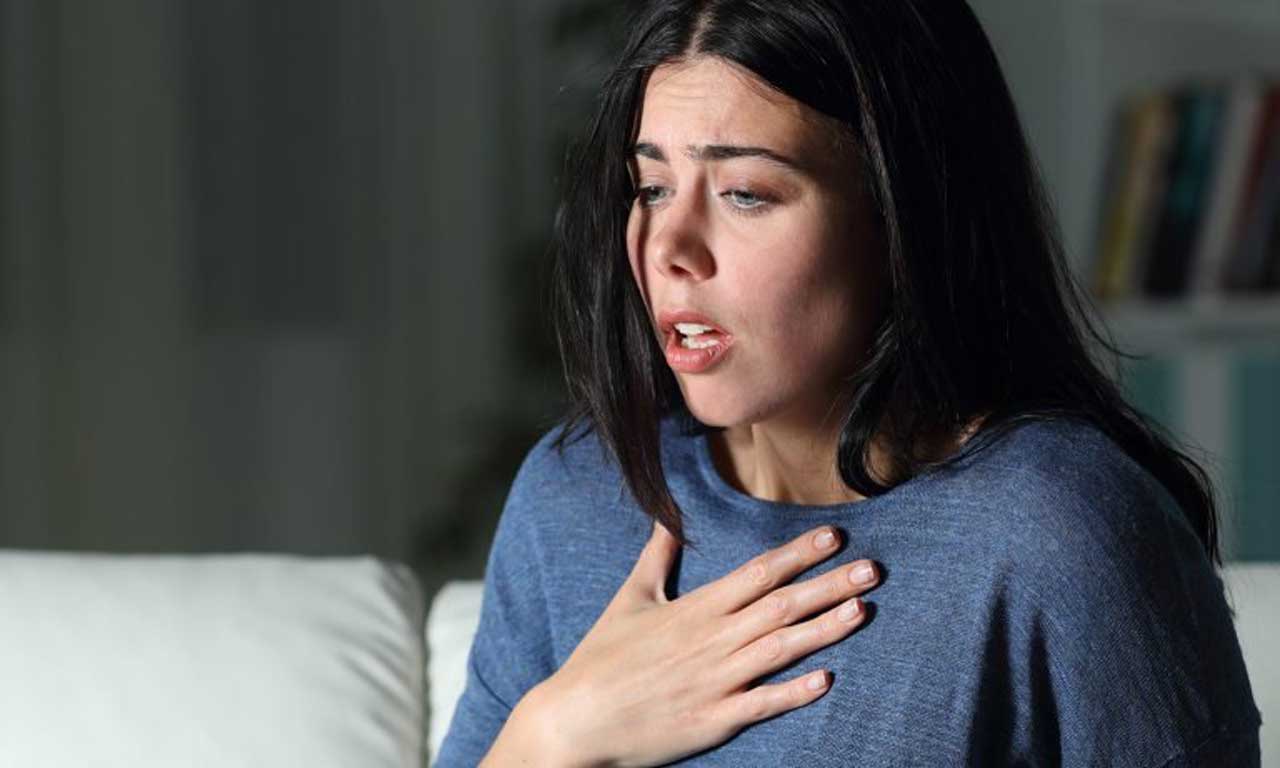Panic attacks are fear responses that are abrupt, intense, and highly disruptive to the individual’s capacity to function in response to the fear. These can occur on their own or as part of various disordered states such as social anxiety, generalized anxiety, or a specific phobia. The signs and symptoms of a panic attack may vary depending on the person's stressor. What's commonly seen in people suffering from panic attacks is an overwhelming fear that something bad is going to happen.
It is not abnormal to experience panic attacks once or twice in a lifetime when faced with extremely stressful situations but if they are too frequent, it could mean you are suffering from panic disorder.
Common signs of a panic attack
Sense of danger, Feeling as if you’re losing control, Increased heart rate, heart-pounding, palpitations and sweating, Tightness in your chest leading to difficult breathing, Hot or cold flashes, Nausea, Abdominal cramping, loose motions, Headache, light-headedness, dizziness or a feeling of unconsciousnessPossible reasons of a panic attacks - Some research suggests that our body's natural fight-or-flight response to danger is involved in panic attacks. Panic attacks don’t necessarily have a definitive cause – it can be due to genetic reasons, facing extremely stressful situations or experiencing changes in the functionality of your body and mind.
How to deal
Deep breathing: Calming oneself is the mainstay during any situation involving a sensitized emotional state. This can be achieved efficiently by deep breathing in for a count of four, holding for five seconds and exhaling slowly in the next six seconds. This helps slow your breathing and heart rate down and creates an overall feeling of calm.
Practicing mindfulness: This is the next step where one should try to sit, lay down comfortably and close their eyes and try to feel their own self, their body. Trying to cut off from the stressors so as to lower the heart rate. It can also be practiced by visualization or imagery where one can think of things that bring peace and calmness. Positive self-talk plays a significant role in helping you transport to a mental safe state where you don’t feel threatened by the stressor.

 Panic attacks are fear responses. Signs and symptoms vary from person to person but one thing is common - an overwhelming fear that something bad is going to happen
Panic attacks are fear responses. Signs and symptoms vary from person to person but one thing is common - an overwhelming fear that something bad is going to happen










.jpeg)








.png)
.png)

.png)
.png)
.png)

.png)
.png)
.png)

.png)
.png)